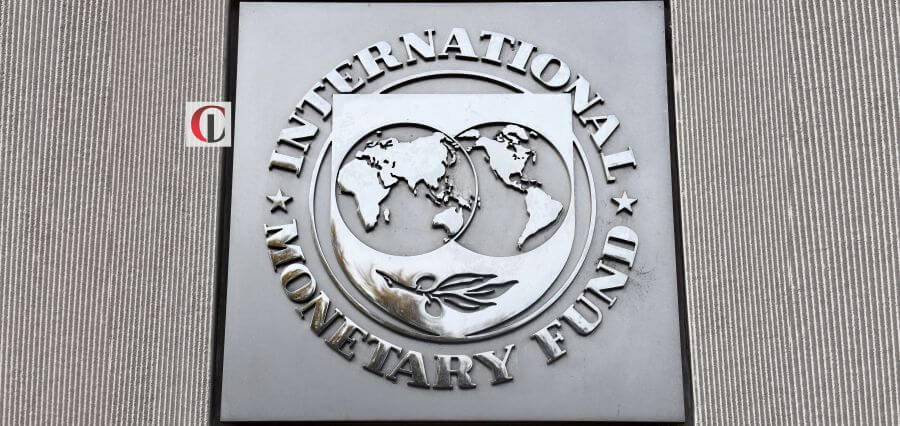The IMF has released the latest World Economic Outlook, whereby it projects world headline inflation to fall a significant 150 basis points from 5.8% in 2024 to 3.5% at the end of 2025, against the backdrop of victory in fighting inflation. The IMF says that the battle against inflation “is almost won,” but at the same time cautions about growing geopolitical risks and an overweight flat long-term growth trajectory.
Positives on the inflation front notwithstanding, this decent progress was remarked somewhat by the IMF chief economist, Pierre-Olivier Gourinchas, sounding a note of growing downside risks that might weigh in against this decent progress. Risks amid heightened market volatility, and emerging rises in commodity prices-affecting predominantly low-income countries-mostly have weighed upon the piece. Notwithstanding, current inflation expectations continue to look stable a situation that might trigger alarm later in case the event of any economic shock occurs while firms and workers remain watchful while safeguarding their living standards.
Its global growth forecast for 2024 and 2025 remains at 3.2%, describing this pace as “stable yet unexciting.” The United States is expected to keep accelerating with growth, primarily driven by the impact of innovation in AI. However, some advanced economies and emerging markets were revised downwards in what the IMF attributes to increasing global conflicts as well as the resultant risks on commodity price levels.
The IMF calls for a “policy triple pivot,” which means summarizing all these three necessities: governments should reassess interest rates, adjust government spending, and invest in productivity-enhancing reforms. Central banks must maintain their vigil high as they maneuver the disinflation process, especially with services inflation being nearly double the levels seen before the pandemic.
In general, the report highlights issues faced by poorer countries wherein food and energy represent a larger share of household expenditure. They are more vulnerable to commodity price shocks, exacerbated by payments coming from sovereign debt service.
The IMF actually elaborates a rather complicated overall picture of the world economy. Indeed, it notes that inflation has been contained, but geopolitical tensions, market volatility, and huge structural issues in large economies can act as a significant brake on the achievement of sustainable growth. This agency warned that growth projections for the last quarter of 2020 could decline to their lowest level in decades and mean a longer period to close the gap between income in richer and poorer nations.

